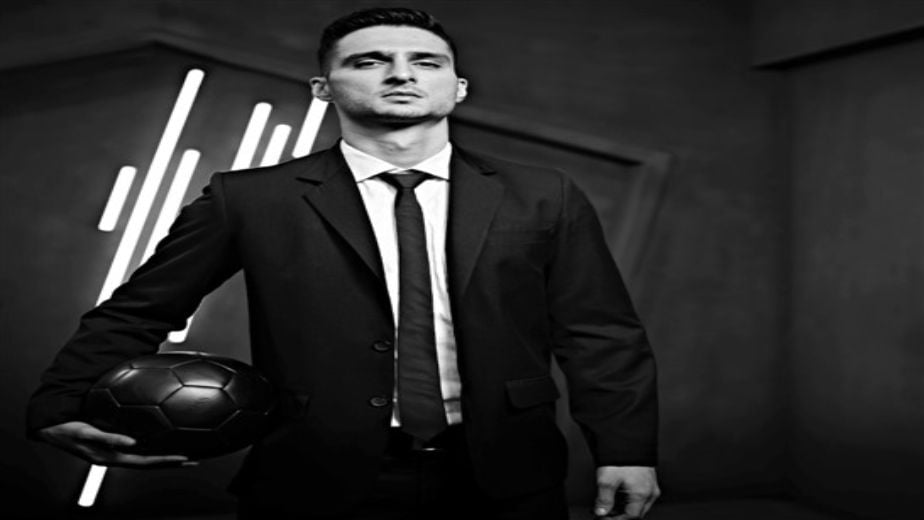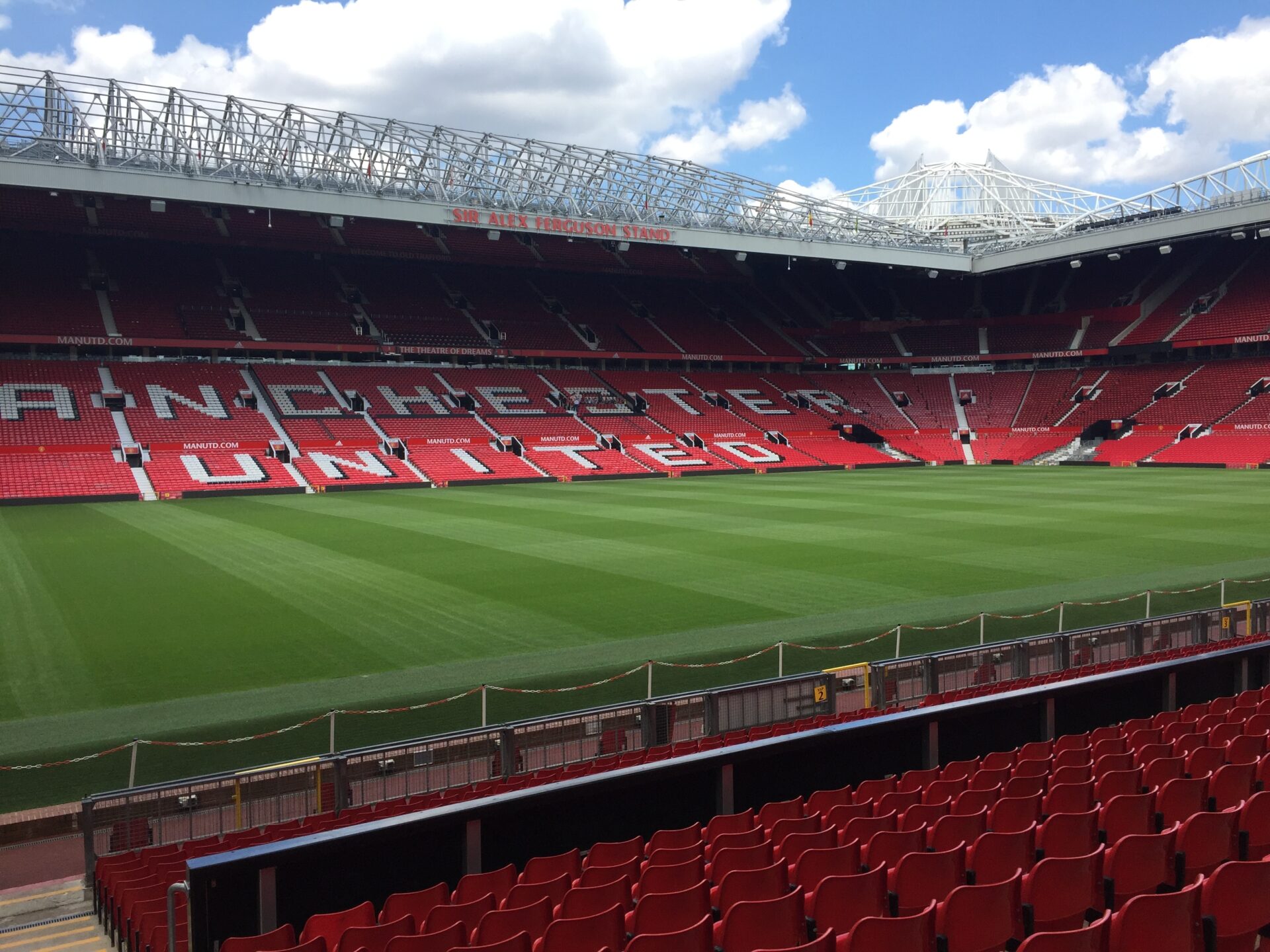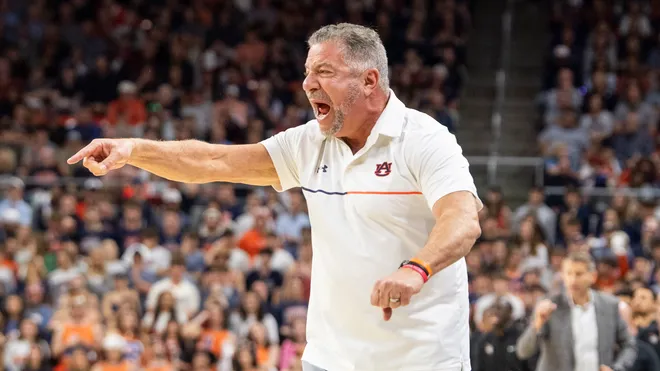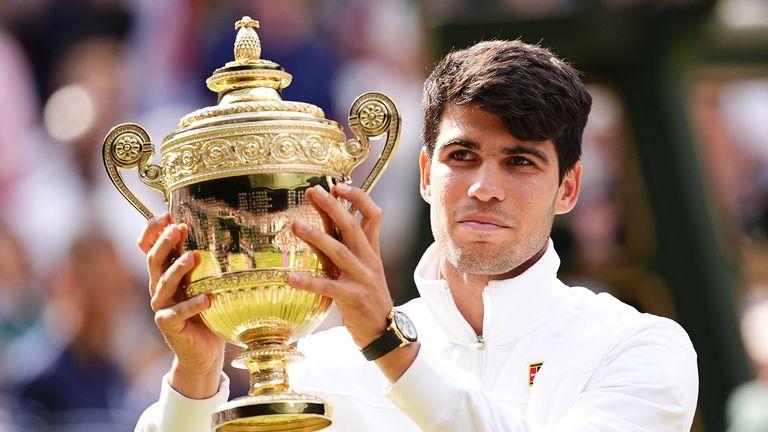Mumbai born footballer Karan Sawhney’s journey is an inspiring story of talent, hard work and the courage to pursue his dream. From playing in the I-League and Indian Super League to working behind the scenes as an expert commentator at Star Sports, he has done it all and is setting his sights higher.
In an exclusive interview with SPOGO, Karan reflects on his journey so far, the challenges faced by footballers in India, the importance of mental health, his fitness ventures and plans for the future.
When did your love for football begin and when did you feel that it’s a sport you can pursue professionally?
I started playing football when I was 7 years old. It started with inter school matches, playing on the beach, on the streets of Bombay. That’s when I realized I love this game and want to pursue it as a career. My dad was a cricketer and initially I started playing cricket but when I started representing Maharashtra at the Under 13 level in football, my love for the game only grew from then onwards. I just went with it and progressed to the Under 14, Under 16 and after my 10th grade in school I was selected by Tata Football Academy, a residential academy where you have to train for 4 years. Only 18 players are selected in India and that’s where my professional career began, in 2008.

Taking a trip down memory lane, how was your experience being at the youth set up of Mahindra United? You have also scored against the Inter Milan Academy side, tell us more about that.
Mahindra United was one of the only professional teams at that time in Mumbai. I was selected when I was 12 so I was lucky to get that professional training at such a young age. It really helped me develop my skills and physicality while I was there. Speaking about Inter Milan, this happened in 2009 when two of us from the Tata Football Academy were selected to play in the Gauteng Future Stars Tournament. It was an Inter Club World Cup Under 17. Inter Milan was in the same group as us along with Kaizer Chiefs from South Africa and another team from Africa. We were excited to play a team of such a stature and even though we conceded two goals, we didn’t give up. We got a freekick, there was a deflection right outside the box, I controlled it on my chest and saw an opening at the first post and curled it past the goalkeeper. We celebrated like we won the match because it was a really proud moment for all of us in the team.
Who were your idols in the world of football as you were growing up?
It started with David Beckham because of his personality and he was one of the few players we would see in the media. My real idol has been Cristiano Ronaldo, I’ve always admired him, loved his game because of his work ethic. He has played for different clubs in the world, he has been the top scorer in different leagues, he has won the best player award multiple times and I’ve heard stories about him from my coach at Kerala Blasters René Meulensteen who coached Ronaldo at Manchester United. He was coach under Sir Alex Ferguson for seven or eight seasons and also won the Champions League with Ronaldo. He used to tell us that Ronaldo was the first one to come to training and the last one to leave. That really inspired me that in spite of him achieving everything he has in world football, he’s still the hardest worker in the room.
Who are the people who have supported you the most in your journey so far?
My parents have supported me throughout my career, any decision that I have made in football, whether it was moving to Jamshedpur at the age of 15 because most of my friends were going to university at that time or choosing professional careers in different fields, my mom and dad supported me throughout because this is something that has never happened in my school. Nobody from my school has played in the Indian Super League or the I-League. It was a tough choice because leaving a city like Mumbai and going to Jamshedpur for four years. Even though they were worried, I had their 100% support right from the age of 7 until now.
What are the challenges that aspiring footballers face in India? What can be done to solve them?
One of the challenges that young footballers face is the access to professional training that is not easily available in India, If you go to a village in the Netherlands or Spain, you have top academies in every three kilometers and you have a lot of football grounds everywhere and access to good coaches at the grassroot level, which is a good set up at an early age. For example, the training I received at the age of 15 or 16, players in Europe receive that kind of training at the age of 6 or 7. Just like any other sport or profession, repetition is key and you need to train a certain number of hours in a certain way to really push forward and achieve greatness in that field. I would say that the Indian Super League and the I-League has brought about a massive change in terms of grassroot levels in the last few years, but there is a long way to go. You need residential academies, a professional set up, especially in cities like Mumbai or Goa where there is so much talent but a lot of parents do not encourage their children to take up football as a sport. I think that can change once the grassroot set up changes.
Do you think footballers in India need to work on the technical aspects of the game rather than their work ethic?
In 90 minutes, an Indian footballer would probably run as much if not more compared to European footballers but I would say that more than technically it’s the awareness and getting that kind of training at an early age along with nutrition and access to sports science. When I was at Tata Football Academy, Kerala Blasters or Bengaluru FC, a lot of importance was given to what the player does off the pitch as well. If you’re training for three or four hours a day, what you do for the next twenty hours is the most important. The way you eat, sleep, strength training and the way you think, which is the most important. Indian football is a sleeping giant, there is a lot of potential and if this set up becomes a part of it then there’s no looking back.
How important is mental health in the life of a footballer?
If you speak about any sport, they say you are only as good as your last game and there are so many ups and downs in football every single day. Today you could be a star of your dressing room, of your fans, your club or country, but the next day you could be the villain so prioritizing mental health is very important. We had sports psychologists in certain clubs that I played for where even the coaches guide and advice you that you shouldn't let emotions affect your game, what they mean is that if you score a hat trick, that shouldn't get into your head or you have missed a winner or scored your goal or anything else, that shouldn't get inside your heart. You should find a balance between both and that's why mental health is so important. A lot of football players, especially the younger ones get affected very easily, so a sports psychologist coming into Indian football will really help in changing the mindset not only towards the game but also on your approach towards the game, your approach on how you handle winning a game, winning a tournament and also defeats.
How has your experience been at the I-League and the Indian Super League?
It’s been the best experience I’ve had so far. I’ve been playing football for the last 16 years and the struggle of getting into professional football is hard, but is worth it if you stick around. The facilities of the Indian Super League right now are world class. The coaches that you train under, the way nutrition is taken care of and the teammates you get to play with are at a very high level. I was at Kerala Blasters in the same team as two of my idols, Wes Brown and Dimitar Berbatov. That wouldn’t happen if I hadn’t reached this level. The kind of insights you get from these kinds of players that have played at that level is unmatchable. The experience of winning matches, playing under 60,000 fans, especially in Kerala the Manjappada fans are the noisiest and the best fans in the world who I have played under and The West Block Blues of Bengaluru FC. The experience has taught me so many things, such as not to let things get to your heart. There are certain instances when the fans are all for you, supporting you but there are also instances where your team is not winning and about handling pressure. It’s key because if you’ve been a professional footballer at that level, most of the players can then go ahead and take on any challenges that life throws at you head on. Football is such a game where you have ups and downs probably at every moment. In one second, you may have given a great pass but in the other second you might not have tracked back or made a major mistake which has led to your team conceding. This experience that I have received personally has helped me grow as an individual, shaped my personality, my communication skills and also the way I take decisions in life.
You are involved in various fitness initiatives such as Fitness Legacy Continues and The Tribe, tell us more about them.
Starting with Fitness Legacy Continues, this was a gym that my mother and I started in 2016, in Juhu, Mumbai. I have always loved fitness, my family has been in the fitness industry for more than 85 years, so fitness was always in my blood and I have been very passionate about it. Fitness Legacy was started in 2016, it's running very successfully and it's been a great experience and a journey with FLC. Regarding The Tribe, we started it in 2019, I have two other partners, Robin and Anushka with whom I co-founded The Tribe. We started on the beach and on the turf, conducting group sessions as a hobby, but during the lockdown, on the first of April we decided to do a two week virtual program to train people and donate the proceeds to animal shelters and daily wage workers. At the end of two weeks, people started calling and messaging us saying they had a lot of fun and to extend it for another two weeks, thus we thought of going ahead for another two weeks and people started enjoying and seeing results. Since then, because of all of the clients whom we call our friends and the love that we get from them, this has become something that we do full time. We have a virtual platform and have reached out to more than five or six hundred clients, friends from 17 different countries around the world and it's been a lot of fun. Hopefully we are able to deliver and able to put in the same energy day in and day out.
You have also been an expert commentator for the Indian Super League matches. What has that experience been like?
It's been something unreal because it's the first time in my life that I've been behind the scenes in football. I've been an english expert and a Hindi commentator on Star Sports for the Indian Super League. I am getting to know how football works behind the scene and it helps me stay connected to this sport. I love talking about fitness, that is something I can always do and I'm getting to speak about the thing I love the most in this world that is football, that's my first love. It's been a great experience and it comes to me naturally, I don't need to study the topic or think so much about it. I’m getting to work with some of the best experts and commentators such as Paul Masfield and Anant Tyagi. These people have been in the industry, Masefields has also been a commentator in the Premier League while Anant Tyagi has been in Indian football since the inception of the ISL. I’m getting to learn so much from them and more importantly, it helps me stay connected and talk about the sport that I love.
What are your plans for the future?
Right now I’m completely focused on virtual fitness and being an expert commentator for the Indian Super League. These are the two things that I’m currently focused on. My plans on virtual fitness, to elaborate a little more about that is to be able to cater to as many people across the world and get India on the map in terms of virtual fitness. Not many individuals in India are doing virtual fitness as a career, but the three of us have started conducting different types of training such as functional, strength and conditioning, kickboxing, yoga and we give a lot of importance to mental health and also nutrition. We want to give this offering to as many people across the globe, reach out to people in the interiors of Africa, established countries in Europe and America. I also want to be an expert commentator on Star Sports and help Indian football reach the Asian Championships which we already have. Mumbai City FC has already reached the AFC Champions League, FC Goa has also reached the AFC Champions League. I want to see the Indian national team achieve great heights and win the World Cup.
With the increasing popularity of football amongst the younger generation, what message would you have for young, aspiring footballers in the country?
When I say young footballers in the country, I mean the players in the age group of 12-15 because when you are making a decision to play football professionally, those 3-4 years are key for you to develop your skills , your physicality, so my only message is to be consistent. Football is a sport which at the end of the day shouldn't affect you or your heart, so staying consistent through the ups and downs is very important. The most important thing is to believe in yourself. If you believe you are good enough, nothing else matters and those three or four years from the age of 12 – 16 are formative years where consistency is key. It’s important to stay disciplined because it's easy to get distracted at that age and let the outside world affect you. If you give yourself four of five years of consistency and discipline towards the sport you love, then there is no looking back.






